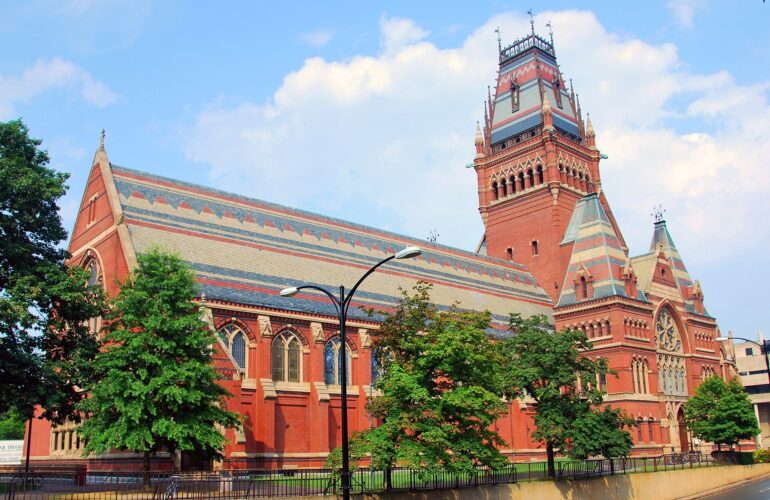In a stunning reversal, Harvard University is reportedly considering paying up to $500 million to settle a high-stakes civil rights dispute with the Trump administration, according to a report by The New York Times.
The potential deal marks a major shift from the university’s earlier defiance, when it refused to acknowledge what federal officials have described as widespread failures to address antisemitism on campus.
The proposed half-billion-dollar settlement would dwarf a recent $200 million agreement struck by Columbia University, another Ivy League institution facing similar accusations.
Harvard’s reluctance to comply with federal demands has come under increasing scrutiny, especially as evidence mounts of a hostile environment for Jewish students and escalating legal threats jeopardize over $2 billion in federal funding.
“The Trump Administration’s proposition is simple and commonsense: Don’t allow antisemitism and DEI to run your campus, don’t break the law, and protect the civil liberties of all students,” said Harrison Fields, principal deputy press secretary for the White House. “We are confident that Harvard will eventually come around and support the President’s vision.”
According to the Times report, negotiations are ongoing, and the university remains hesitant to make a direct payment to the federal government.
The potential settlement could also resolve a pending court battle over the threatened funding cuts, though the administration has reportedly made it clear that Harvard will pay more than Columbia, given the scope of violations and the prestige of the institution.
The administration’s aggressive stance follows a September 2024 congressional report that concluded Harvard “failed” to discipline dozens of students involved in a pro-Hamas encampment that disrupted classes and took over a university building during the spring semester.
Demonstrations included chants and imagery widely condemned as antisemitic. More than a quarter of Jewish students surveyed said they felt “physically unsafe” on campus, and nearly 60% reported facing discrimination or bias.
Harvard’s initial refusal to cooperate was rooted in a stated commitment to “academic freedom” and a wariness of federal oversight.
Columbia, as part of its own settlement, adopted a new definition of antisemitism, shut down several DEI offices, and agreed to monitoring by an independent body.
Harvard, though more resistant at first, appears to be following suit. The university has already closed its DEI offices and ended “affinity” graduation ceremonies that critics argued contributed to racial and ideological division.
Still, questions remain over Harvard’s sincerity. Some reports suggest the university may be reshuffling DEI staff into other administrative roles rather than dismantling the bureaucratic apparatus altogether.
The Trump administration has also raised the possibility of revoking Harvard’s ability to host foreign students, an economic and reputational blow the university may be unwilling to risk.
President Donald Trump appears determined to make Harvard a national example. The push for accountability has become a centerpiece in his broader effort to confront campus radicalism and restore what the administration calls “equal protection under the law.”
If Harvard agrees to the settlement, it would signal a remarkable realignment between elite academia and a populist White House committed to dismantling the status quo.
[READ MORE: House Republican Bill Seeks to Rename Kennedy Center After Donald Trump]





